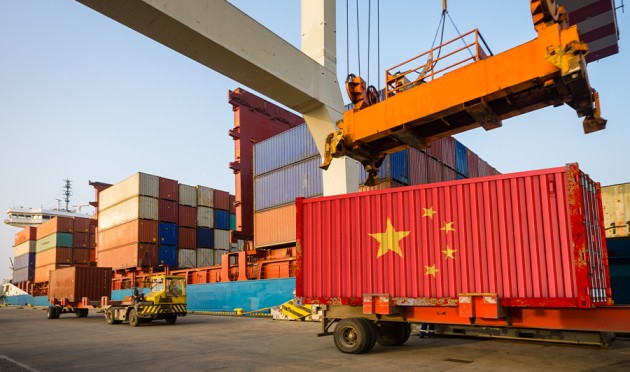China’s exports to Kenya hit Sh305 billion in six months

Data from the Kenya National Bureau of Statistics (KNBS) shows imports from China rose to Sh304.65 billion between January and June 2025, up from Sh257.70 billion in the same period last year.
China has tightened its hold on Kenya’s import market, with goods worth Sh305 billion shipped into the country in the first six months of 2025, underscoring the wide trade gap that continues to define relations between the two economies.
Data from the Kenya National Bureau of Statistics (KNBS) shows imports from China rose to Sh304.65 billion between January and June 2025, up from Sh257.70 billion in the same period last year.
This accounted for 22.77 percent of Kenya’s Sh1.34 trillion total import bill.
When petroleum products are excluded, Beijing’s dominance is even stronger, supplying 28.65 percent of Kenya’s Sh1.06 trillion non-oil imports. China’s goods to Kenya range from electronics and household items to heavy machinery and construction materials.
Despite the rising inflows, Kenya’s exports to China remain small. In the first quarter of 2025, Kenya sold goods worth Sh4.44 billion compared to imports of Sh148.62 billion, meaning only 2.99 percent of what Nairobi bought was matched in sales to Beijing.
President William Ruto said in August that Kenya only exports goods worth 5 percent of what it imports from China.
Ruto, who visited Beijing in April, has since pledged to push for a fairer balance through new trade agreements.
“We have concluded the high-level conversations with China. They have agreed to a reciprocal arrangement between Kenya and China. They have agreed to remove all the tariffs on our tea, coffee, avocado, and all other agricultural exports. That, I think, is a major breakthrough for us,” he told business leaders in Nairobi on August 6.
“... when I sat with President Xi Jinping, I had a candid conversation and I told him that Kenya is importing Sh600 billion of products from China, yet we are only exporting 5 percent. That trade imbalance is serious, that is the reason they have opened up their markets for our agricultural products.”
China is pushing to cement its role as Africa’s leading trade partner, even as the US and Europe retreat under rising protectionist policies.
In June, Beijing proposed scrapping tariffs on a wider range of goods from across the continent, a move that could open doors for Kenya’s agriculture-based exports — provided producers can meet quality and scale demands.
Kenya has long pursued greater access to the Chinese market, making it a central plank of the Integrated National Exports Development and Promotion Strategy launched in 2018.
That same year, Nairobi posted envoys to India, Malaysia, Singapore, and China with a mandate to secure opportunities for exports such as tea, coffee, and cut flowers.
Before the Covid-19 pandemic, Kenya had intensified campaigns in China, with plans by the Kenya Export Promotion and Branding Agency to set up marketing centres in Wuyi and Hunan, both major agricultural hubs. But challenges in logistics, certification, and competition continue to hold back exporters.
“China has 1.4 billion people, and some provinces have 140 million people. If we were to plug into 1 percent of that market for our coffee or tea, it would completely change the lives of Kenyans,” Cabinet Secretary for Investments, Trade and Industry Lee Kinyanjui said in August.
